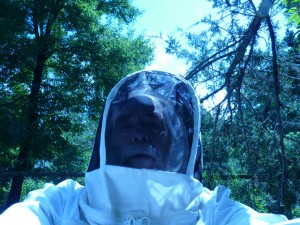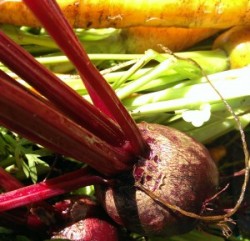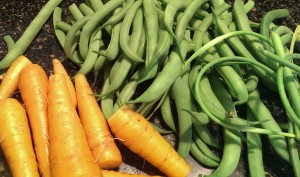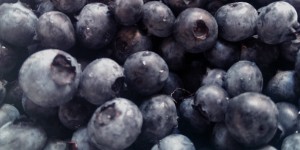Summer Lughnasa Moon
So, continuing the subject from below, we might ask, what is faith? I will bring in my favorite definitionary, the O.E.D., but before we get to that I want to offer a couple of other observations. In the simplest, and therefore perhaps best, sense, faith is what gets you up in the morning. When you first wake, it comes to you that another day has started (another micro-life). What is it, on reflection, that makes getting out of bed worth it? Or, better, that makes getting out of bed seem possible at all?
Here’s my answer and I’m going to take a risk here and suggest that my answer is, roughly, universal. The body/mind that rises as you has confidence (Latin for with faith) that oxygen will be available. That food of some kind, either plant or animal, will also be available, if not today, then soon enough to sustain life. That your feet will land on the floor or the earth or the stone and not float up into the sky. That when your eyes open the visible world will flood into them once again so you can guide yourself.
Let’s extend this confidence. That the earth will spin and so the sun rise and set, the moon come and go. That our earth will speed its way around our star, tilted, with seasons appropriate to our place on it following as a consequence. That as those seasons come and go, the vast waters of our world will rise into the heavens and fall back to earth, splashing and rejuvenating all they touch. That as those seasons come and go, certain crops will grow and be harvested. Certain animals will be fed and will give their lives in a sacrifice for others so ancient as to be one of earth’s most holy acts.
This is the kind of faith that I believe we all, all native Terrans, share. It may sound trivial and inconsequential compared to the Book of Job or Genesis, the Rig Veda or the Diamond Sutra, but consider its great virtue: we know it to be true. We have to consult no wise men or women. We need no book or ritual. No institution decides whether gravity and the sunrise and the taste of tomatoes, the sweetness of cherries are correct. These are, quite literally, our birthright.
Now is the time for the O.E.D.
Faith, in its form understood from the Greek and Latin is:
1. Belief, trust
2. That which produces belief, evidence, token, pledge, engagement.
3. Trust in its objective aspect, troth; observance of trust, fidelity.
You may say, well. This is trivial. Obvious. And besides, faith, as Paul said, is faith in things unseen. Life is neither trivial nor obvious. Neither is its continuation. The wonder of this planet, so tiny compared to the vastness of the universe, swinging its way around Sol, only one star among a hundred octillion stars, nested inside one galaxy of ten trillion galaxies, is not trivial at all. Neither is it, speaking from the universe’s perspective, obvious.
And what, to agree with Paul, is more unseen than the future? Yet I have faith that these same matters which encourage me to rise each morning will sustain me, into and through the future. Even if that future is only this day, or this hour, or this minute.






